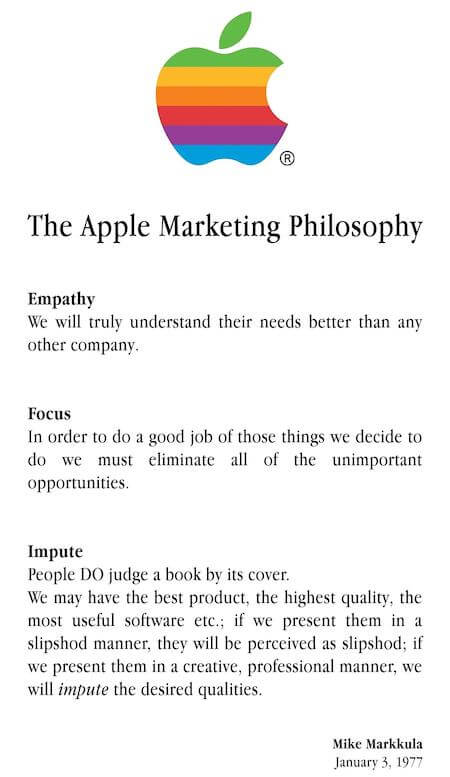
Today a guest post from my dear friend and close colleague Alan Wick.
Before that, though, a strong recommendation for his programme “The Business of Business“. Alan’s Purpose is “to inspire entrepreneurs who love what they do”, and to this end, he launched this programme in 2021, now with a growing group of alumni. There are only 16 places for Founders to unlock their potential and that of their business with a group of like-minded entrepreneurs. The investment for the 12-week programme, starting March 22nd, is £7,950. As someone who has in the past run and been part of designing and building numerous similar programmes, this one is truly first class, with the added value of Alan’s wealth of experience as a successful entrepreneur to add to his passion and his deep knowledge of what it takes to build and grow businesses.
So, to the guest post, but first, three observations from me:
- First, this dates back nearly 45 years to 1977. When you raise the context to a level that can remain consistent over time, that has huge value
- Second, the absolute key word in any marketing positioning is the word Focus. Focus, focus, focus. Know what you are focussed on and stick to it
- Third, I love things in threes 😉
Over to you, Mr Wick!:
What makes simplicity so powerful?
Have you seen Apple’s Marketing Philosophy, written by Steve Jobs and Steve Markkula (Apple’s first angel investor) over 40 years ago?
It’s not just a marketing philosophy, it’s a whole operating strategy. And it’s telling that Apple hasn’t deviated from this since 1977.
So what can we all learn from Apple and be mindful of in our businesses?
We learn that creating and sustaining a successful and popular business can only be driven by passion; the pursuit of money alone does not maintain a business in the same way that genuinely caring about your business and its impact can.
1. Truly know your customer. See things through their eyes. Improve their business by using empathy to understand their needs and overcome their blockers.
2. Don’t get distracted. Focus on the heart of your business and what will best serve your customers. Don’t get distracted or dilute your effectiveness with unnecessary or irrelevant diversification.
3. Be professional in all things. It doesn’t matter how brilliant your product or service is, if your presentation isn’t professional and your processes aren’t efficient, your product or service will be undermined and perceived poorly. On the other hand, excellent execution will impute (create an inference of) the reassurance of trust and high quality.
